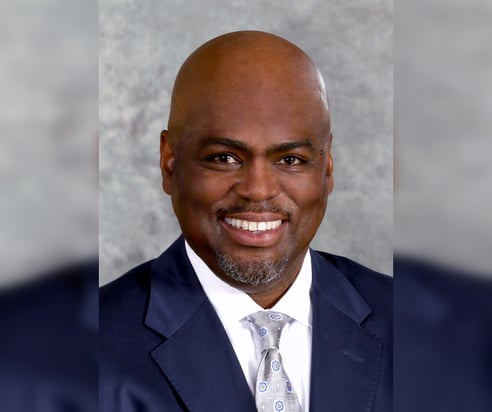

IBA: Lots of insurance professionals are reaching retirement age. How much progress has the industry made in terms of attracting new talent?
KS: There’s full recognition within the insurance industry that we’ve got a talent issue. Something like 65% of our insurance workforce is due to retire in the next five to 10 years, and the industry is trying to address that issue. Companies have been working hard to create succession plans and talent pipelines that allow us to entrench ourselves moving forward. I think we’ve done a good job so far, but there’s lots more work to be done.
IBA: What are some tried-and-tested strategies for attracting and retaining fresh talent?
KS: When it comes to attracting fresh talent, there are two key issues that seem important to the next generation: structure and development. They want a game plan that allows them to contribute within an industry and grow over time. If insurance organizations put together structured training and development programs, they’re more likely to attract and retain top talent. We’ve seen it with our insurance carrier partners and on the broker side in terms of sales talent – those who offer structured training and development programs are more likely to succeed.
IBA: How can insurance companies build robust talent pools?
KS: When recruiting the next generation, you have to start with the colleges. There are a number of great risk management schools in the US, through which the insurance industry can build robust talent pipelines.
Furthermore, companies must ensure they’re making investments into their existing talent’s long-term development so that they have succession planning in place for when the baby boomer generation retires. Those strategies together – creating a robust pipeline and investing in existing talent – allow companies to build robust and diverse workforces that will help the industry be successful long-term.
IBA: What do younger employees want from their employers?
KS: Talented young people who are coming up out of college want assurance that the organization they’re working for is invested in them. They’re asking questions like: “How are you going to make me better?” and “How are you going to invest in my long-term career?” Doing things like building development strategies and programs will help these employees to envisage their career paths and their futures within the insurance industry.
IBA: How important is workplace culture in terms of engaging the next generation?
KS: Culture is paramount. There’s the old saying that culture eats strategy for breakfast, which I think is very true. If you don’t have a culture that allows you to execute strategy, then you’re not going to achieve long-term success. Companies need to build an environment where diverse types of talent have the ability to thrive.
They can achieve this by building a diverse talent pipeline and development programs, but also by creating safe places, like affinity groups and resource groups, where folks can reach out to peers and find a place where they can be comfortable, they can be themselves, and they can thrive.
IBA: What skills do insurance professionals of the future need to bring to the table?
KS: I think we make a mistake when we market ourselves simply as an insurance industry. We’re part of the financial services industry, and so we can attract talent by making people understand that subjectmatter expertise across the wider financial services spectrum is important.
For example, we’re going to need technology experts who will enable us to build more efficiency into our businesses. We’re also going to need subject-matter expertise for the wide range of emerging risks impacting our businesses, such as cyber and workplace violence. The more we can attract expertise from a disparate and diverse set of talent, the better off we’re going to be long-term.
